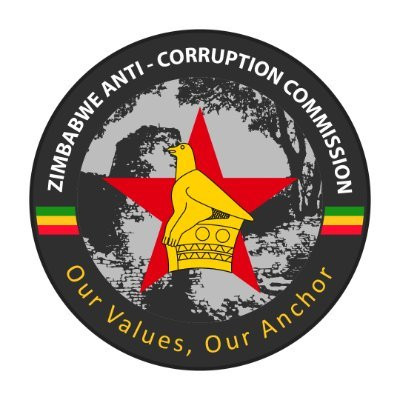
TEACHERS across the country, particularly those affiliated to the Amalgamated Rural Teachers Union of Zimbabwe (Artuz), have resolved to resort to three days of teaching per week citing poor conditions of service and meagre remuneration.
The agreement was made over the weekend through a voting process, which allowed members to express their views and opinions.
Over the years, teacher unions and the government have been at loggerheads over wages and conditions of service.
In an interview, Artuz president Obert Masaraure told NewsDay that they had unanimously reached a decision, adding that they were working on roping in teachers from other unions to join the protest.
“Over the weekend, the union conducted a vote on how many days we should report for duty, given that the government has failed to resolve the salary crisis.
“The outcome was as follows: five days= 1,5%, four days= 0%, three days= 50,7%, two days= 38,6% and one day = 9%.The outcome was adopted. The members of Artuz will now report for duty three days per week,” Masaraure said.
He said the decision to work for three days per week was not being taken to please the employer.
“We sacrifice everything we have to provide 3 days of uninterrupted service per week to our nation. Government cannot resist this move. The teaching profession employs the largest number of civil servants. Government cannot force teachers to work when they are not willing. Our decision to work is informed by
- Teachers, other civil servants face off
- Veld fire management strategies for 2022
- Magistrate in court for abuse of power
- Vungu Dam water treatment and irrigation project takes off
Keep Reading
our commitment to serve our nation.
“The school administrators and the teachers agree that three days per week is a huge commitment to the nation. Those are the parties who matter.
“We expect the government to review our salary concerns so that teachers may revert to five working days per week. If the government chooses to behave like a bully, it may provoke teachers to take other measures.”
Primary and Secondary Education spokesperson Taungana Ndoro, however, said the ministry noted with grave concern the alleged recent resolution by the teachers.
“Such actions contravene the Education Act, Labour Act and public service regulations. While we acknowledge the right to advocate for 12 members’ interests, this deliberate disruption undermines our shared mission to deliver quality education.
“It is regrettable that Artuz persists in tactics that erode its credibility. The union’s recurring campaigns — characterised by disproportionate alarm and theatrical despondency — appear designed more to appease external interests than to advance constructive dialogue,” he said.
Ndoro said the union's zeal for performative dissent had, ironically, diminished its relevance at the negotiating table.
“Zimbabwe’s education system cannot be held hostage by a fringe entity whose influence rests solely on its 12 members: Obert Masaraure, Gerald Tavengwa, Takemore Mhlanga, Richard Siasongwe, Edwin Mudhara, Maxwell Basiyawo, Linda Muzoremba, Tawanda Chiusiwa, Ronald Hondongwa, Hope Mangoro, Sabelo Mhlanga, and Robson Chere (the latter already distinguished by his flair for disorder).
“We, therefore, urge all teachers to reject this self-defeating agenda and continue serving the nation with the diligence that defines Zimbabwe’s teaching profession.
“Resources will be deployed decisively to safeguard pupils’ futures and non-compliant actions will incur appropriate consequences. The ministry will instead prioritise engagement with reputable, solution-oriented unions such as Zimta [Zimbabwe Teachers Association] and PTUZ [Progressive Teachers Union of Zimbabwe], whose commitment to dialogue aligns with our pursuit of inclusive education,” he said.










